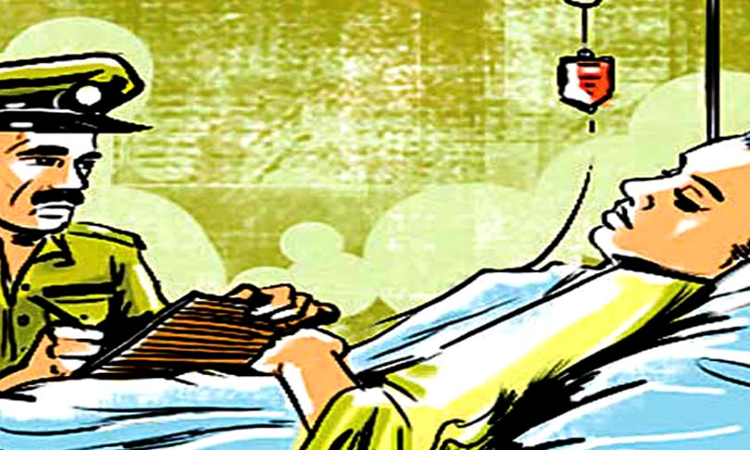Oral Dying Declaration Which Is Reliable & Not Controverted By Defence Is Admissible In Evidence: Gujarat High Court
PRIYANKA PREET
26 July 2022 3:03 PM IST

Next Story
26 July 2022 3:03 PM IST
In a significant decision, the Gujarat High Court has made it clear that a dying declaration cannot be said to be inadmissible merely because it was given orally. A single bench of Dr. Justice Ashokkumar Joshi observed that an "oral dying declaration" given by the deceased, which is not controverted by the defence in cross-examination, is admissible in evidence.Holding thus, the High...
